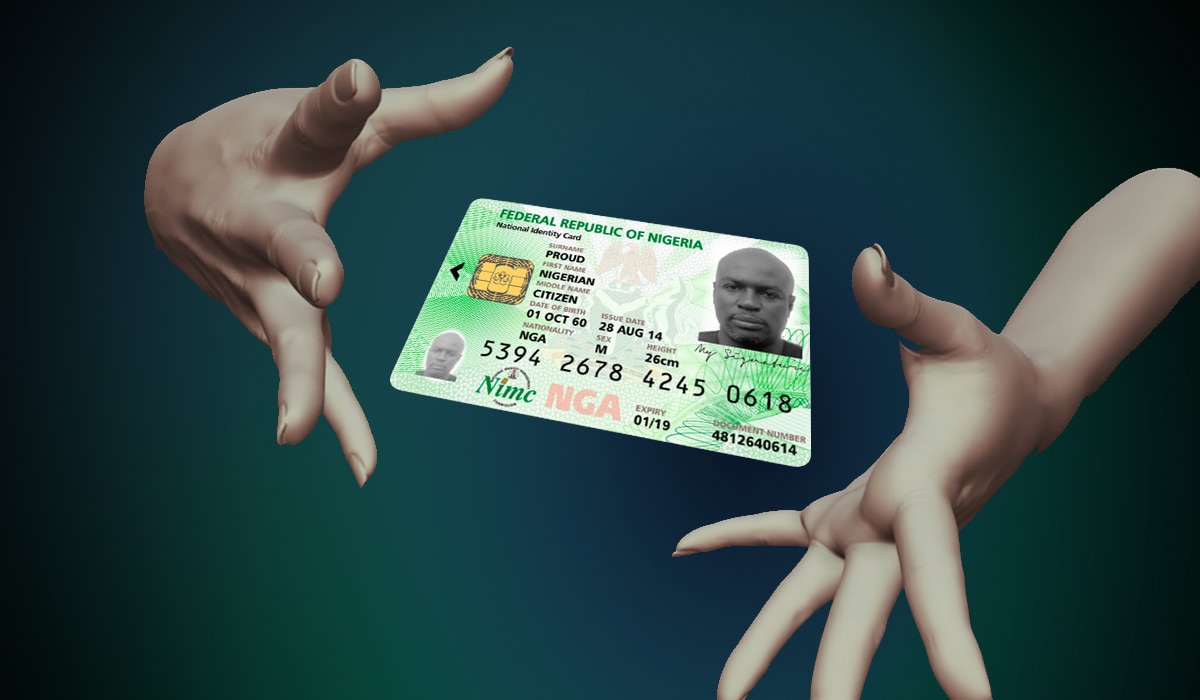The Federal Government of Nigeria, under the auspices of the National Identity Management Commission (NIMC), is embarking on a groundbreaking initiative to develop an integrated Identity card capable of facilitating not just identity verification but also seamless payments for social and financial services.
This ambitious project signals a paradigm shift in how citizens access and utilise essential services, merging identification and financial functionalities into a convenient platform.
Read also: NIMC charges FEPs for Inclusion, data protection
The Vision for Integrated ID Cards in Nigeria
The primary goal of integrating ID and payment functionalities is to streamline access to a wide range of services for Nigerian citizens. By consolidating identification, authentication, and financial capabilities into a single card, individuals can seamlessly navigate bureaucratic processes and access social welfare programs, healthcare services, and financial institutions with greater ease and efficiency.
One key driver behind this initiative is to promote financial inclusion among underserved populations. The government aims to bridge the gap between traditional banking services and remote or marginalised communities by equipping citizens with multi-functional ID cards that can serve as payment instruments. This empowerment fosters economic participation and reduces reliance on cash transactions, promoting a more transparent and accountable financial ecosystem.
Essential Components and Benefits of the Integrated ID Card Biometric Security
The integrated ID cards will leverage advanced biometric technologies such as fingerprints and facial recognition to ensure robust identity verification and authentication. This enhances security and reduces the risk of identity theft or fraudulent activities, safeguarding citizens’ personal and financial information.
The cards will be designed to seamlessly interface with existing financial infrastructure, including banks, mobile money platforms, and payment gateways. This interoperability ensures that cardholders can conduct transactions, receive payments, and access financial services across a vast network of providers, promoting convenience and financial empowerment.
The integrated ID system streamlines administrative processes for government agencies, financial institutions, and service providers by consolidating multiple functionalities into a single card. This efficiency translates into faster service delivery, reduced bureaucracy, and improved overall user experience for citizens interacting with various sectors.
Read also: NiMC plans NIN registration app for immigrants by 2024
Data Privacy and Protection
Given the sensitive nature of personal and financial data, stringent measures will be implemented to uphold data privacy and protection standards. Compliance with relevant data protection laws, encryption protocols, and secure storage mechanisms will be integral to maintaining trust and confidence in the integrated ID card system.
Nigeria’s initiative to develop integrated ID cards with payment functionalities represents a significant leap towards modernising service delivery, fostering financial inclusion, and enhancing security in citizen interactions. By harnessing technology to converge identification and financial access, the government sets a precedent for leveraging innovation to address societal challenges and empower citizens across diverse socioeconomic backgrounds.
This holistic approach strengthens the digital infrastructure and lays the foundation for a more inclusive and resilient society in the digital age.














